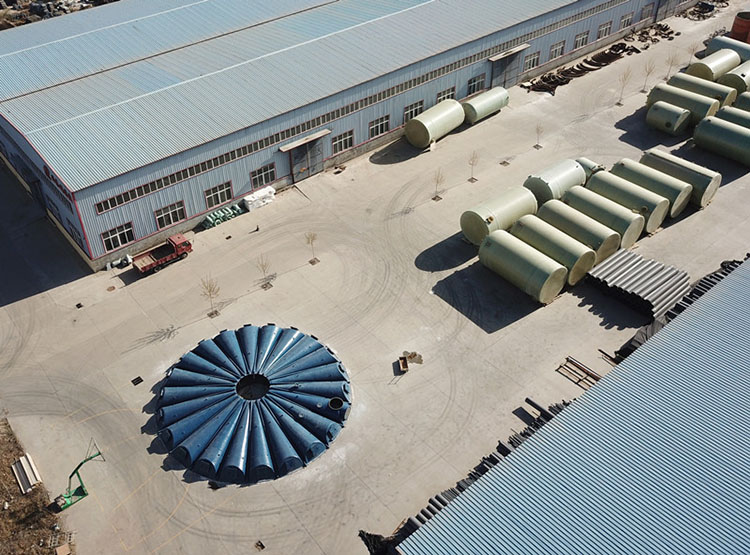In terms of environmental impact, the T38 drill rod is engineered to minimize disturbance to the surrounding geology. Its precision cutting action reduces the amount of collateral damage often seen with traditional drilling methods, making it an eco-friendlier option for environmentally sensitive projects.
...
2025-08-14 15:09
2204
